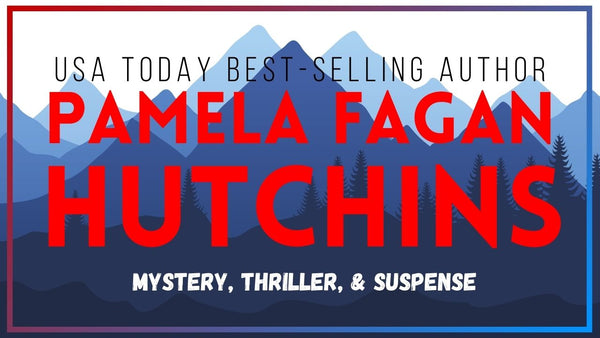We’ve heard the names people use for sexy, gorgeous women all our lives, probably mostly without thinking about it. We’ve maybe used the words ourselves, meaning them as nothing but complimentary (or maybe not). Having worked in diversity, respect, and inclusion most of my adult life, I’m used to analyzing words: meaning, intention, history, and context. Mostly my focus has been on analysis regarding demeaning or derogatory terminology. To my chagrin, I occasionally even discover words that I’ve used have different meanings to others or within new contexts.
Take the terms bombshell, stunner, and knockout, for instance.

Interestingly, I did not find the actual meaning—a bomb—in the first several definitions I looked up of bombshell. Yet that is its origin: a violently explosive round of artillery. Similarly for stunner, the definitions did not include the violent imagery of, say, a stun gun, or a blow that stuns the recipient. Only with knockout did the origin of violence appear in the common definition of today, but then again, it was the word also most blatantly linked not only to a woman’s sexuality, but to words placing a high value on her physical looks. I get a kick out of the PC example of knockout in the definition I copied and pasted above. I very rarely hear the word knockout used to describe a man, and the synonyms themselves lean toward the feminine, even though on their face they are gender neutral. Common usage just tells a different story.
Here we have three words, all meaning attractive, yet all with origins in violence, and all with ties to valuing a person, most usually a woman, for her looks, like the phrase “arm candy,” which is borderline demeaning (and is demeaning in certain contexts).
This got me thinking. Why is it that we equate attractive people, especially women, to violence? Is it the women who categorize others this way? Maybe, but I doubt they coined the terms, simply because the statistics of sexuality lean toward men finding the women attractive in this way. Woman are not, generally (and, yes, there is a danger in generalizations, but it is also a way we seek to understand the world around us, so permit me here), the more violent gender.
So let me make an intuitive leap: why do men associate women with violence? With these words, it’s in an arguably complimentary way, if we conclude that the terms explain the impact of an attractive woman on men. But violence against women is perpetuated a great majority of the time by men. And I’m fascinated and repelled at the same time thinking about this push-pull: a man suggesting that a woman’s looks do violence unto him, and a man committing violence against a woman. What’s that old saw? “She asked for it?” And another: “She had it coming?” Where certain men (none like my father, brother, husband, or sons, and hopefully none like you or yours) blame women for a male’s propensity to commit violence on the female.
That’s crazy, to me. It also may not be “right,” per se, my analysis into these terms, but it doesn’t have to be. It’s the exploration of controversial ideas that excites me as a writer.
PLEASE don’t get me wrong. I have nothing against men in general at the same time as I rely on facts to tell me that males have a greater propensity for violence than females. I also have nothing against the accident of birth that is physical beauty in the eyes of some beholders. I don’t get offended if someone gives me an appropriate nonsexual compliment, especially if it’s clear they don’t see me solely as my outside package. I’m not taking exception with the use of the terms bombshell, stunner, and knockout. I’m simply exploring a relationship between words, meaning, origin, and context that I find interesting and rife with the conflict and tension I think make for great fiction.
My fascination/repulsion with the topic and terminology is at the heart of Bombshell, Stunner, and Knockout. Hence the titles, the thematic elements, and even the covers, which feature the violence, and not the sexy female the name suggests.
